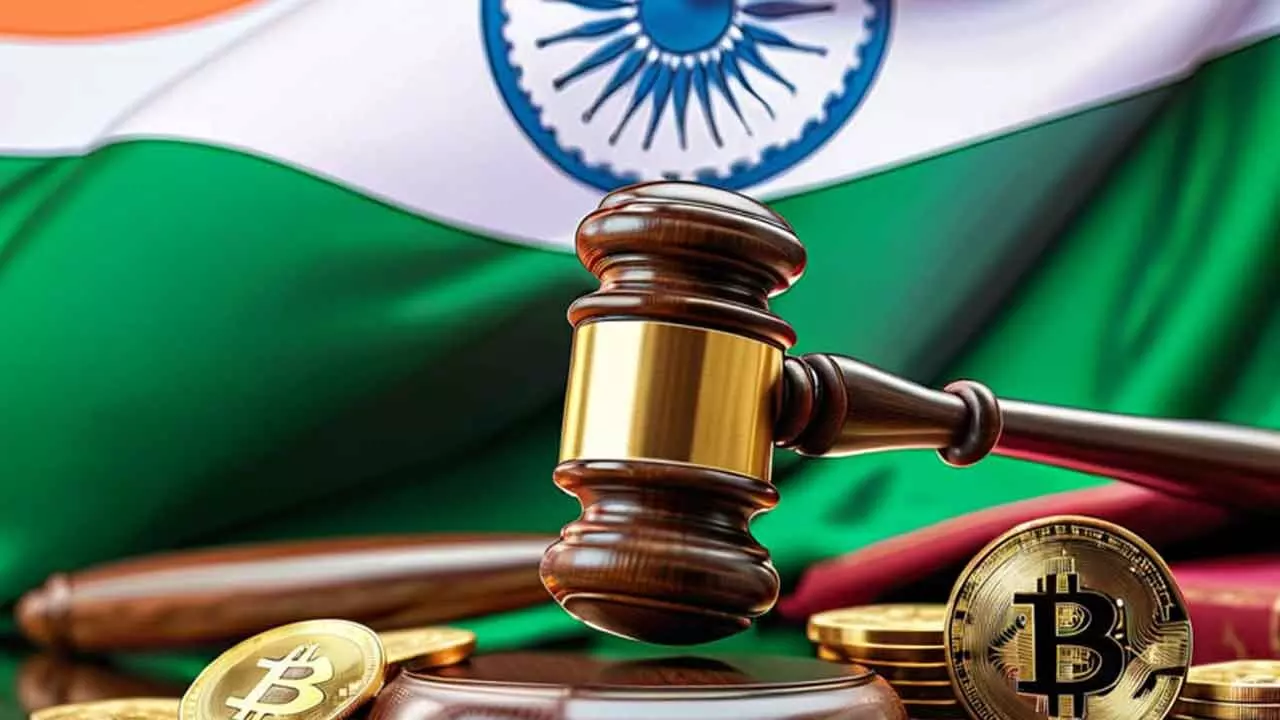Is cryptocurrency a legal tender in India? Should you invest? and is it taxable?
Is cryptocurrency a legal tender in India? Is it taxable?

Cryptocurrency has been the subject of much debate and intrigue in India, especially following recent allegations linking political figures to “illegal bitcoin activities.” With the involvement of high-profile leaders like Congress’s Maharashtra president Nana Patole and NCP’s Supriya Sule in the ongoing GainBitcoin Ponzi scheme controversy, many are left wondering: is cryptocurrency even legal in India?
Let’s break it down.
Cryptocurrencies, including the most popular one—Bitcoin—are digital currencies secured by cryptography and powered by blockchain technology. These currencies operate on decentralized networks and promise an alternative to traditional financial systems. However, the legality of cryptocurrencies in India is a bit more complicated.
As of now, India has not officially banned cryptocurrencies, but they are not considered legal tender either. What does this mean? It means you can trade and invest in cryptocurrencies, but you cannot use them as a recognized form of currency for transactions in the country.
Legal experts describe the status of cryptocurrencies in India as "legally nuanced" and "grey." While there’s no outright ban on cryptocurrencies, they exist in a regulatory vacuum. The Reserve Bank of India (RBI) has warned of the risks associated with cryptocurrencies, primarily due to their volatile nature and their potential misuse for illicit activities, including money laundering and fraud.
Despite the lack of legal clarity, cryptocurrencies are taxed in India. Investors are required to pay a 30% tax on any profits made from crypto trading, along with a 1% Tax Deducted at Source (TDS). This taxation framework signals that the government acknowledges cryptocurrencies as financial assets, though they haven't granted them full legal recognition.
Recent scandals, like the infamous GainBitcoin Ponzi scheme, have only added to the skepticism surrounding cryptocurrencies. The scam, which promised astronomical returns on Bitcoin investments, defrauded thousands of individuals. To make matters worse, investigations into the scheme revealed that Bitcoin seized during the investigation was misappropriated, further exposing vulnerabilities in the regulatory system.
So, is it safe to invest in cryptocurrencies? Given their speculative nature, volatile prices, and the ongoing legal uncertainties, cryptocurrencies remain a high-risk investment. With no clear regulatory guidelines, scams are rampant, and legal repercussions for improper disclosures under anti-money laundering laws can add even more risks.
While cryptocurrencies are not illegal in India, their future remains uncertain. Investors must tread carefully, ensuring they follow tax and legal protocols to avoid falling prey to scams or legal penalties.
Investing in cryptocurrencies in India isn't illegal, but it’s far from straightforward. If you're considering diving into this high-risk market, make sure you fully understand the legal landscape and the inherent dangers involved.

